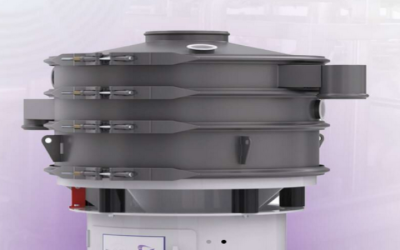In today’s quickly changing world, the demand for competent individuals in many trades has never been greater. HVAC (Heating, Ventilation, and Air Conditioning) professionals are vital in keeping residential and commercial buildings comfortable and energy-efficient. As climate change and energy efficiency become increasingly important topics, the role of HVAC technicians is more critical than ever. These skilled individuals not only install and maintain systems but also ensure optimal performance, helping to reduce energy costs and improve indoor air quality for their clients.
Understanding HVAC Systems
HVAC systems control temperature, humidity, and air quality in modern buildings. Understanding how these systems work is critical for any technician. HVAC technician classes cover a wide range of topics, such as thermodynamic concepts, air flow mechanics, and refrigeration cycles. Students learn about the many components of HVAC systems, including compressors, condensers, evaporators, and thermostats. This knowledge enables workers to detect accurately and resolve problems, ensuring that systems run at peak efficiency.
These seminars emphasize the value of energy efficiency and sustainability. With increasing worries about climate change and energy usage, HVAC professionals must learn how to apply energy-saving methods. Classes frequently cover the most recent technologies and techniques that develop efficiency, such as programmable thermostats, zoning systems, and environmentally friendly refrigerants. By remaining up to date on these improvements, professionals can assist customers in making informed judgments about their heating and cooling needs.
Practical Skill Development
While academic knowledge is essential, practical abilities are just as critical in the HVAC industry. HVAC technician classes often feature hands-on instruction, which allows students to deal with real-world equipment and supplies. This hands-on training prepares students for the duties they will encounter in the field, such as installing, maintaining, and repairing HVAC systems. Learning how to read blueprints and interpret technical diagrams is a valuable part of training since it allows technicians to navigate complex systems with ease.
Additionally, these seminars frequently involve safety instruction. Working with HVAC systems might affect risks such as electrical hazards and refrigerant exposure. Students learn about safety standards and best practices to protect themselves and their clients.
Career Opportunities and Growth
Completing HVAC technician education opens the door to a variety of job prospects. Graduates may find work in many locations, including private houses, commercial buildings, and industrial facilities. As the sector expands, qualified technicians are in high demand. Due to the appeal for energy-efficient systems and climate control solutions, we expect HVAC technicians’ employment to be faster than the national average. Enrolling in HVAC technician programs is a valuable step for anyone interested in pursuing a career in this critical industry. These seminars teach the foundational information and practical skills required for success in the field. With the continued demand for skilled HVAC experts, students may expect to have a fulfilling career with prospects for progression. As technology advances, staying current through education and training ensures that technicians remain valuable assets in the ever-changing HVAC industry.


